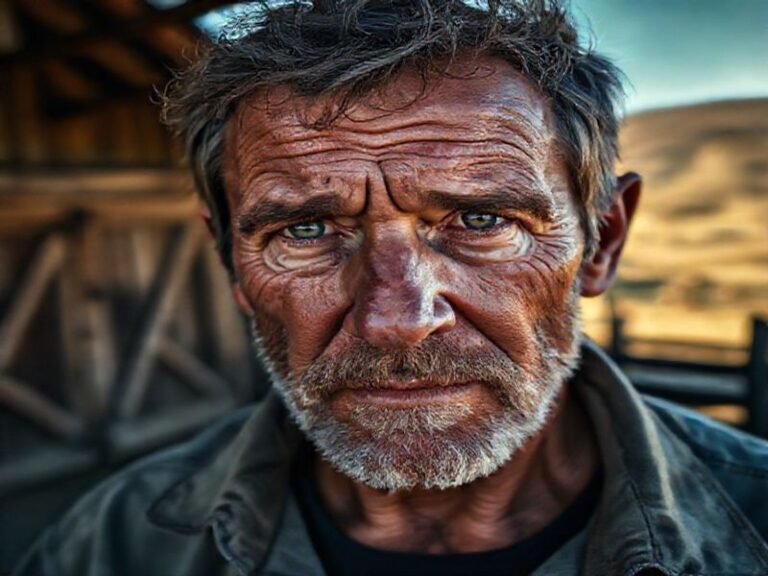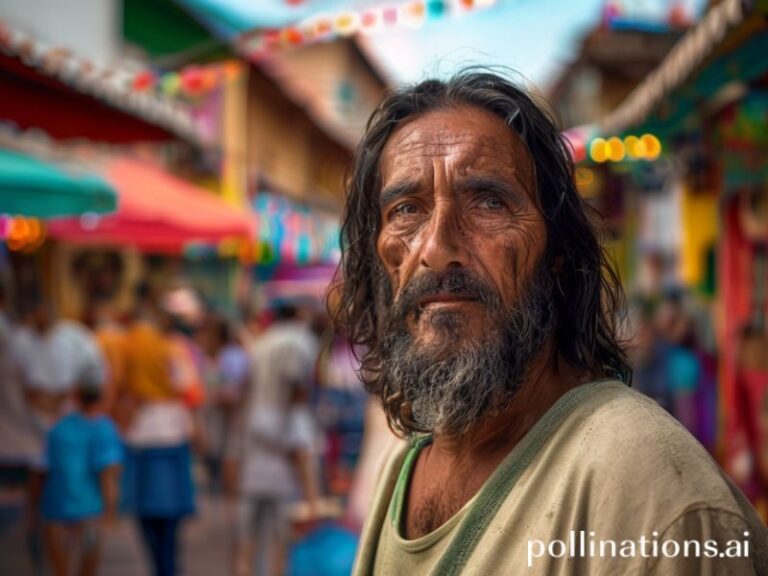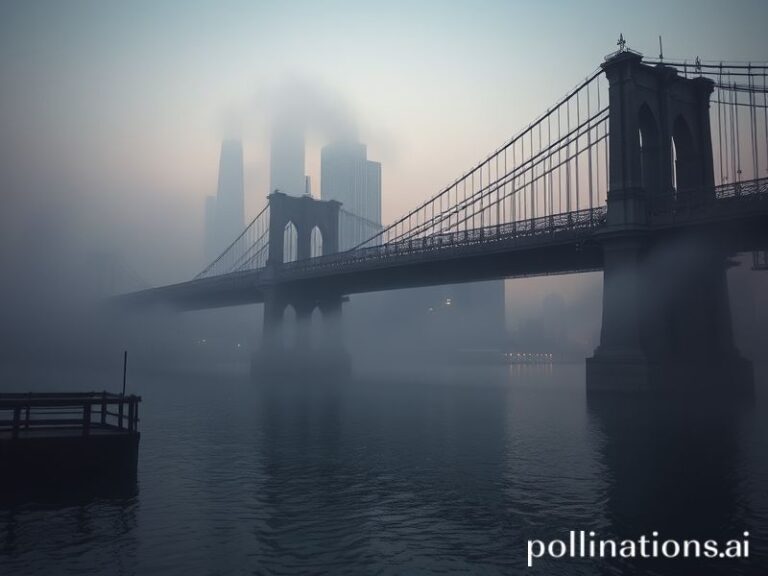Marilyn Manson: How the World’s Favorite Antichrist Became a Bargain-Bin Buddha
Marilyn Manson: The Global Boogeyman Who Outgrew the Role
By Our Correspondent, somewhere between the death-rattle of the 20th century and the auto-tuned apocalypse of the 21st
It is 1997 in Jakarta. Traffic wheezes like a dying accordion, Suharto still clings to power, and a bootleg VCD of “Antichrist Superstar” is circulating through the city’s elite international schools. The disc’s cover—Manson crucified, ribs glowing like cheap neon—frightens the local morality police so thoroughly that they briefly consider adding “goth” to the official list of contagious diseases. Fast-forward 26 years: the same kids who hid that disc under their mattresses now run start-ups, NGOs, or ministries, and the only thing more obsolete than Suharto is the idea that a Midwestern shock-rocker could derail the largest Muslim-majority nation on Earth.
Welcome to the international afterlife of Marilyn Manson, a man who once weaponized American suburbia’s nightmares and exported them like cultural Agent Orange, only to watch the world absorb the poison, belch, and ask for seconds.
From Buenos Aires to Bucharest, governments learned that banning Manson was the quickest way to sell him out. Argentina’s post-dictatorship censors confiscated T-shirts in 1999; by 2012, he was headlining the Quilmes Rock festival with the president’s nephew in the VIP pit. Poland’s right-wing MPs tried to indict him for “blasphemy” in 2005; ticket sales jumped 300 percent, proving that nothing spikes demand like the scent of clerical panic. The pattern repeated so reliably that you could set your Swiss watch to it: moral outrage at 9 a.m., sold-out arena by midnight.
Yet the real plot twist is subtler. While Western columnists still argue whether Manson’s satanic pantomime caused Columbine, the global south shrugged and got on with surviving more immediate horrors—currency collapses, cartels, coups. When you’ve lived through extrajudicial killings, a guy in contact lenses singing about the beautiful people feels like dinner theatre. In effect, Manson became a luxury anxiety item: if your society could afford to panic over him, you’d probably never heard mortar fire at breakfast.
Then came the #MeToo reckoning, an imported American drama that landed with different accents everywhere. In France, actresses signed open letters denouncing “puritanism”; in South Korea, feminists translated court transcripts overnight. Manson, suddenly re-cast from cartoon Antichrist to alleged real-world predator, discovered that global fame cuts both ways: the same internet that once hurled his videos across firewalls now ferries every lawsuit and countersuit to Lagos laptops and Manila smartphones. The caricature that had been hilariously implausible in 1996—middle-American parents insisting one singer could sodomize civilization—felt queasily plausible in 2021, when the alleged victims were no longer imaginary.
Still, the brand persists. Walk through the tourist souks of Marrakech and you’ll find knock-off Manson tees printed on child-labor cotton, his face flaking like frescoes in a deconsecrated chapel. In Tokyo’s Harajuku district, teenage girls pair his portrait with Hello-Kitty skirts, ironically or sincerely—no one can tell anymore, and the distinction collapsed around the same time capitalism did away with reality itself. The image has become a free-floating signifier, a Halloween mask for whoever needs to scare parents this decade: now communist, now fascist, now feminist, now incel.
What does it mean when the world’s most industrial-strength bogeyman turns out to be, at best, a damaged middle-aged musician with a Spotify monthly listener count lower than K-pop’s latest algorithmic boy-band? It means we’ve run out of monoculture. The devil had to downsize to part-time. There will always be another moral panic, but it will arrive in 37 languages, trend for 36 hours, then dissolve into the next TikTok challenge featuring cheese graters and EDM.
Manson’s trajectory from Antichrist to antique is therefore a neat X-ray of globalization itself: first, the shock; then the commodification; finally, the overstock clearance bin beside Tibetan prayer flags and Che Guevera lighters. Somewhere in a Moldovan cellar, a 14-year-old is streaming “The Beautiful People” while doom-scrolling climate statistics, and neither the song nor the heatwave will kill him before breakfast. The world has learned to metabolize its monsters; sometimes it even invites them to brunch, provided they behave.
And so the man who once promised to kill God ends up doing karaoke in a Berlin dive bar, crooning “Sweet Dreams” to tourists who’ve already nightmare-scrolled through six genocides before lunch. The microphone squeaks, the fake blood dries, and outside the Uber queue stretches toward tomorrow’s outrage. History doesn’t repeat itself, it just puts on more eyeliner and books another farewell tour.







